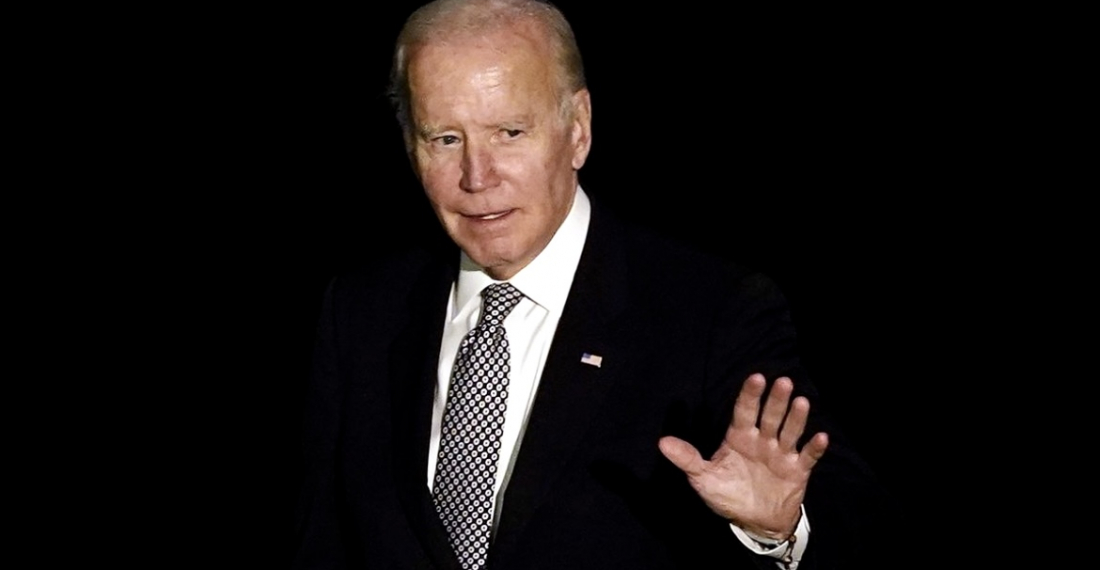The White House said on Friday (7 October) that US intelligence agencies have no indications that Russia intends to use nuclear weapons on the battlefield in Ukraine in the near future. President Joe Biden warned yesterday (6 October) that the nuclear threat is back to Cold War levels and the 1962 Cuban Missile Crisis. Biden said he not believe Russian President Vladimir Putin is bluffing when he threatens to use tactical nuclear weapons or biological or chemical weapons.
White House spokesperson Karine Jean-Pierre, reaffirmed "how serious these threats about nuclear weapons are". But she added: "We see no reason to adjust our strategic nuclear posture, nor do we have indications that Russia is preparing to imminently use nuclear weapons." Jean-Pierre also called Putin's comments irresponsible as a leader of a nuclear power.
Earlier on Thursday, Ukrainian President Volodymyr Zelenskyy said Putin understood that the “world will never forgive” a Russian nuclear strike. “He understands that after the use of nuclear weapons he would be unable anymore to preserve, so to speak, his life, and I’m confident of that,” Zelenskyy said.






